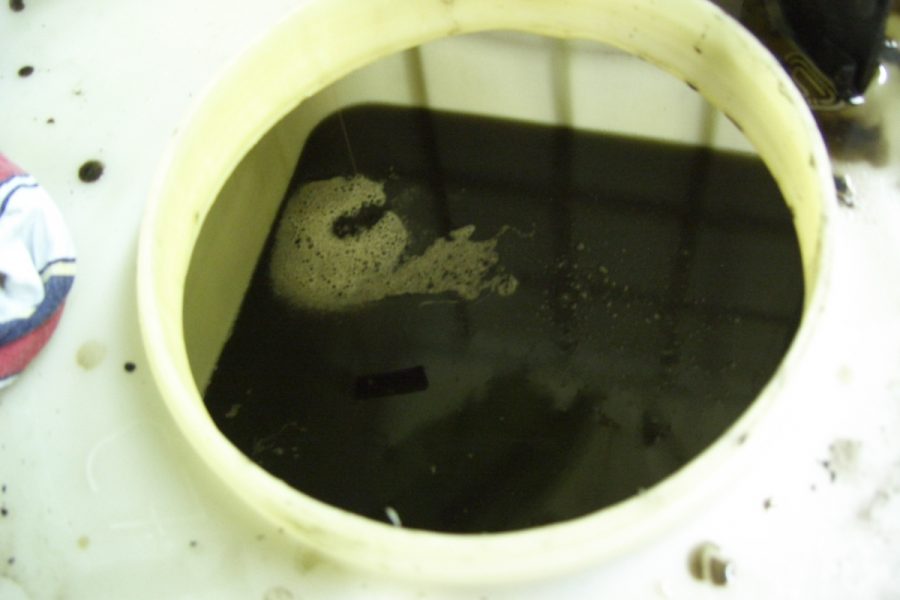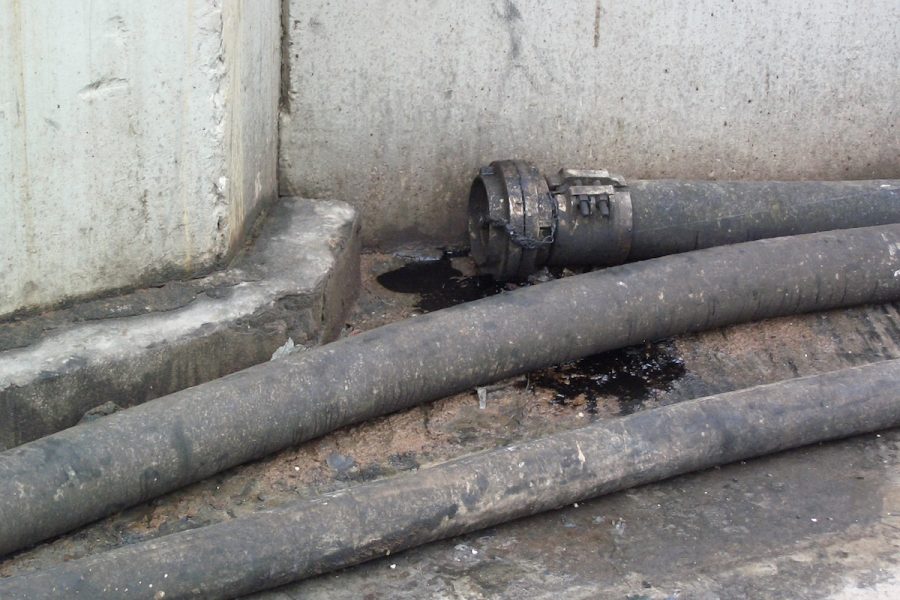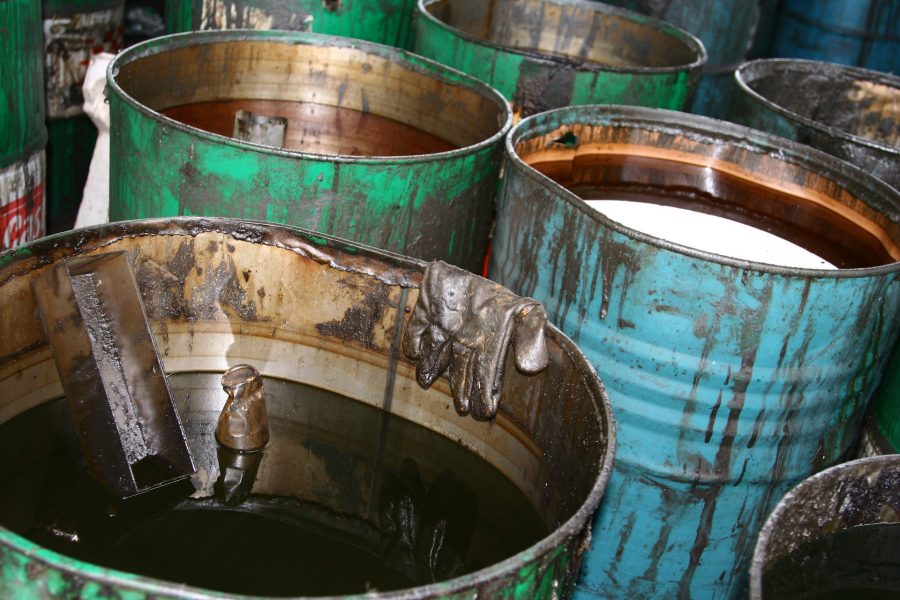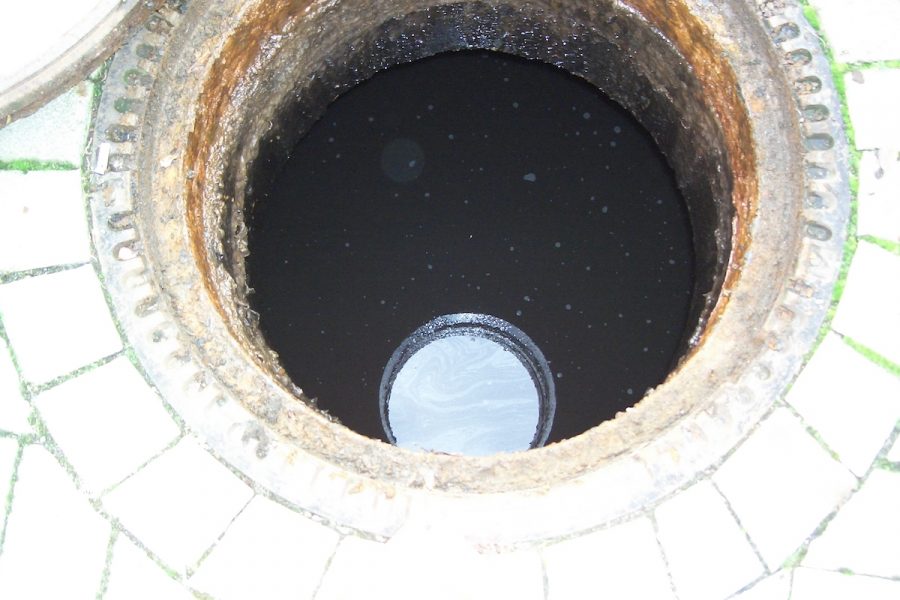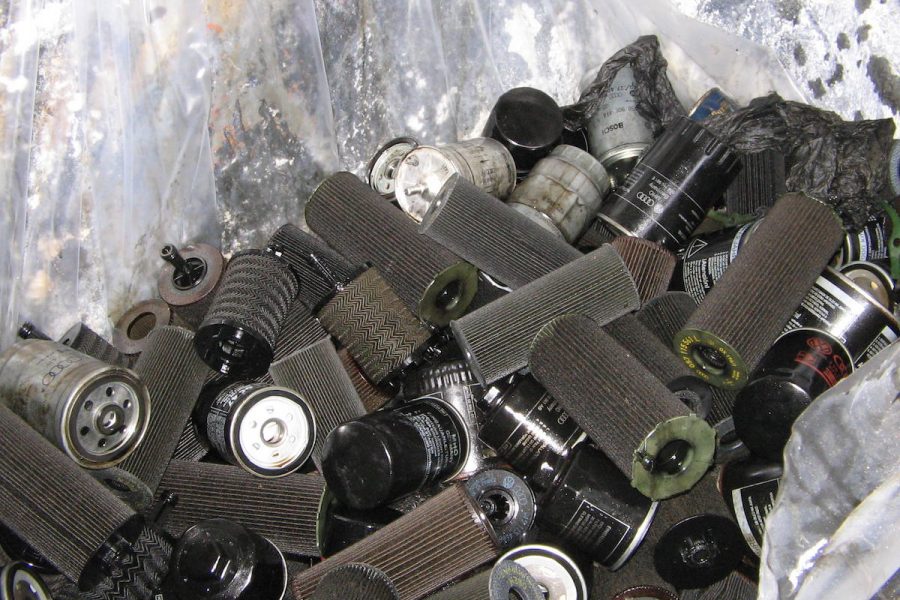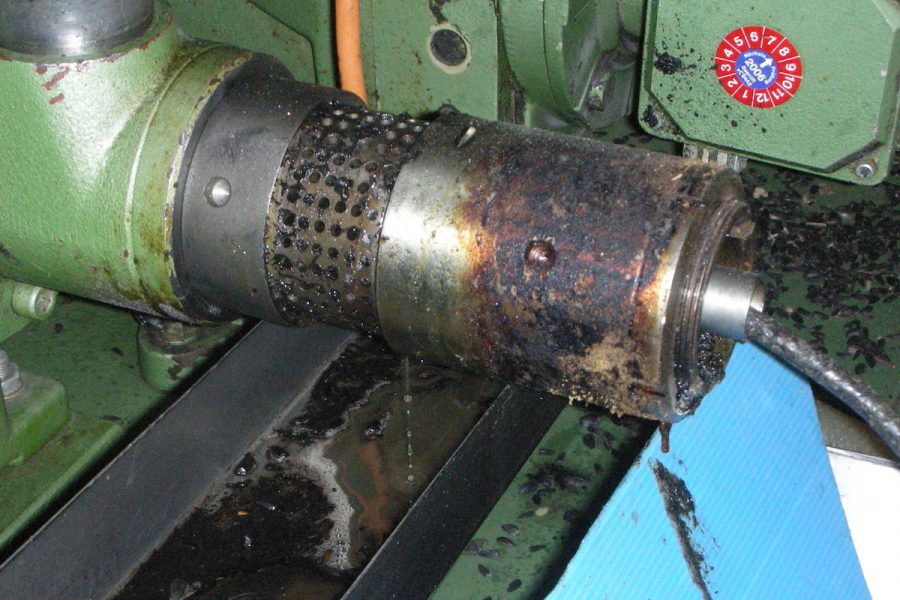PROTEKT
Development of guidelines for the handling and treatment of oil contaminated water in industries and trades to promote environmentally friendly production and increase market opportunities in Thailand
Project duration: November 2006 – April 2008
Background
Thailand has experienced big changes in recent times: undergoing an economic boom for most of the 1990’s, the country experienced fast expansion and diversification of its industry, creating economic growth. Economic growth, however, has taken its toll on the environment, where water pollution has become one of the most serious environmental problems. The most common water pollutant is oil, though the contribution of industries in this respect. Today, there is increasing awareness that Thai’s economic development must be sustainable in the long-term. Under these circumstances, Thailand seems in a position to adopt measures to ensure environmentally sound production without hindering economic growth. The necessary measures to attain this objective should then shift attention towards small to medium-sized enterprises (SMEs), which, because of their large numbers, represent the backbone of Thailand’s industrial growth (Hisatomi, 2002) and also major source of pollution in the country.
The lure of export markets and of increasing production has caused many SME entrepreneurs to change their attitude towards the environment. Export-oriented enterprises are more likely to focus on meeting demanding international environmental standards so as to gain access to international markets and customers (Thorpe, 2003). A major obstacle is the costs involved in respect to training, new equipment, infrastructure improvement and the modification of current equipment and processes. However, the current trend shows an increasing interest of companies in cleaner production.

Oil-contaminated water results from diverse areas of industry, compromising both the environmental properties and the market value of the products concerned. This 18-month project aims at increasing market opportunities through promoting environmentally friendly production in Thailand through proper handling/treatment of oil-contaminated water. Practice-oriented, guidelines, applicable to a wide range of industries, a training course and a distance-learning module (DLM) will be developed in collaboration between scientists and those working in industry in Thailand and Europe.
Objectives
Mixtures of oil and water are produced in the most diverse areas of industry, for example, in the fish industry, in engineering, in automobile manufacture, and in food processing. Even when the oil in question has different origins, the principles involved in treating it are similar. Mixtures of oil and water have a negative effect on a product’s environmental properties. Since the production of internationally traded goods calls for increasing adherence to international environmental standards, trade can be impaired when such standards are not adhered to.
PROTEKT generally intends to promote environmentally friendly production in Thai industries and trades by contributing to the effective and efficient managing of oil contaminated water. This project aims specifically at developing practice-oriented guidelines specifically for Thailand on the handling and treatment of oil contaminated water. This will be done by the development of integrated guidelines in a joint European/Thailand workshop with an interdisciplinary circle of Thai industries and trades who are directly and indirectly involved in the handling and treatment of oil-contaminated water, waste and wastewater management, etc. The resulting guidelines and training material will be made available in the form of a free of charge distance learning package globally accessible through the Internet.
Distance learning will be created especially for the SMEs. It will fulfill the industrial requirements concerning managing oil-contaminated water. The businesses can apply this innovative tool for internal training, problem solving, and skill and knowledge enhancing. The problems concerning mixtures of oil and water in any operation at any time can be solved promptly in an economical and environmental sound way. The distance learning will also foster business cooperation, long-term partnerships between Thai and European enterprises and improve companies’ international prospects as a whole. In the light of globalization, this project will promote awareness of international environmental problems and provide integrated skills to overcome them at an international level.
Project partners
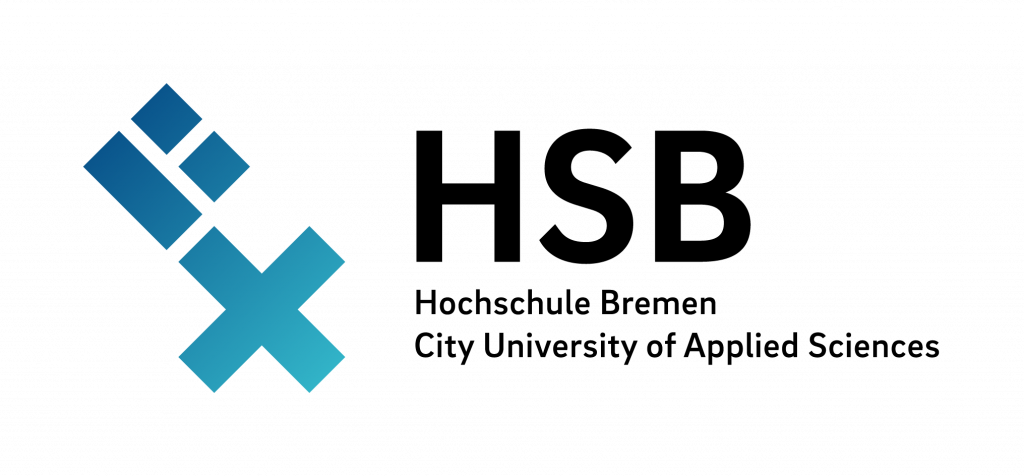
Bremen University of Applied Sciences, Germany – project co-ordinator
Dr. rer.nat. Martin Wittmaier
Institut für Energie und Kreislaufwirtschaft an der Hochschule Bremen GmbH
Tel.: +49 (0) 421 5905-2311
Fax: +49 (0) 421 5905-2380
E-mail: wittmaier@hs-bremen.de
Tallinn University of Technolog, Estonia
Prof. Dr. Enn Loigu
Department of Environmental Engineering
Tel.: +372 (0) 620 2502
Fax: +372 (0) 620 2501
E-mail: ennloigu@edu.ttu.ee
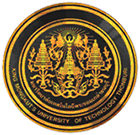
King Mongkut’s University of Technology Thonburi, Thailand
Associate Prof. Dr. Suvit Tia
Pilot Plant Development and Training Institute (PDTI)
Tel.: +66 (0) 2470 9712
Fax: +66 (0) 2452 3455
E-mail: suvit@pdti.kmutt.ac.th
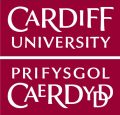
University of Wales, Cardiff, UK
Dr. Christopher Wooldridge
School of Earth, Ocean and Planetary
Tel.: +44 (0) 2920 875 563
Fax: +44 (0) 2920 874 830
E-mail: wooldridge@cardiff.ac.uk
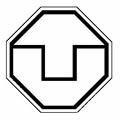
Technical University Dresden, Germany
Prof. Dr.-Ing. habil. B. Bilitewski
Institute for Waste Management and Contaminated site treatment
Tel.: +49 (0) 3501- 530030
Fax: +49 (0) 3501- 350022
E-mail: abfall@rcs.urz.tu-dresden.de
Prof. Dr. rer.nat. Peter Werner
Institute for Waste Management and Contaminated site treatment
Tel.: +49 (0) 3501-530020
Fax: +49 (0) 3501 -530022
E-mail: pwerner@rcs.urz.tu-dresden.de
Target groups & events
Direct target group:
The direct target group would comprise an interdisciplinary circle of shareholders, managers, engineers, technicians, scientists, etc., from Thai industries and trades directly or indirectly involved in managing oil-contaminated water. In accordance with the Asia Invest II programme, PROTEKT has enlisted as partners the following eleven small to medium-sized Thai enterprises:
Products Development Manufacturing Co. Ltd., Chon Chareon Co. Ltd., Chaiyaphum Plant Products Co. Ltd., S.P.O. Agro Industry Co. Ltd., Asian Palm Oil Co. Ltd., Siam Modern Palm Co. Ltd., Pattaya Food Industries Co. Ltd., Lucky Cannery Co. Ltd., Unicord Public Co. Ltd., Betagro Co. Ltd., Pacific Fish Processing Co., Ltd. 50 people are expected to take part in the workshop and the training course planned under this proposal.
Indirect target group:
A much wider group of interested parties will be reached through dissemination of the results via a website and a distance learning package, likewise available through the Internet. Interested parties could include:
- Managerial levels of companies interested in cleaner means of production in relation to oil-contaminated water
- Other enterprises that, following on the example of the ten companies listed above, will opt for similar environmental measures in their production processes
- National and foreign investors with business interests in Thailand
- Stakeholders or interested authorities, policy makers
- Engineers, technicians and prospective professionals interested in furthering their knowledge in the field worldwide
Events:
- Workshop on 4th February 2008 in Bangkok, Thailand
- Training course from 5th to 6th February 2008 in Bangkok, Thailand
Results & Downloads
Guidelines on Handling and Treatment of Oil-Contaminated Water
- English version – pdf
- Thai version– pdf
Handouts of Workshop and Training Course
Publications
Project brochure
- Project brochure EN – pdf
Articles
Press release
- Bangkok Post – pdf
- KMUTT News & Events – pdf
Formal Announcement
- PROTEKT – jpg
Funding
The Project was co-funded by the European Commission under the Asia-Invest Programme.
The Asia-Invest Programme was launched in 1997 as a European Union initiative designed to promote and support business co-operation between the European Union Member States and South Asia, South-East Asia and China. This 5-year Programme with a total budget of €42 million, aims to facilitate opportunities for co-operation between European and Asian companies, in particular small and medium-sized enterprises (SMEs), and increase capacity for long-term strategic alliances by providing support to economic intermediary organisations. The Programme is under a period of review in 2002, pending the launch of a second phase for 2003-2007.
The Asia-Invest Programme is part of a series of initiatives from the European Union designed to promote mutual benefits and understanding between the European Union and Asia. The Programme aims to facilitate partnerships between European and Asian companies towards strengthening trade and investment flows between the two regions.

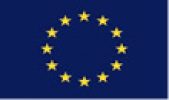
Institut für Energie und Kreislaufwirtschaft an der Hochschule Bremen GmbH
-
Neustadtswall 30
28199 Bremen
Germany - +49 421 5905-2326
- office-iekrw@hs-bremen.de

